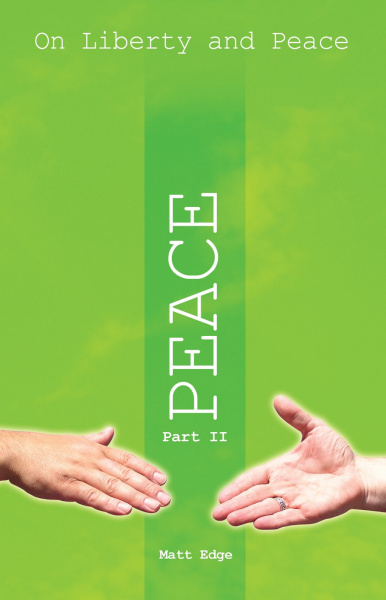The author writes: In this project I set out to provide an answer to two fundamental questions of political philosophy. How can human beings (living, as we do now, in a globalised world) live together, in conditions of co-operation over time, enjoying what Immanuel Kant famously called 'perpetual peace'? And how much individual freedom can we expect to enjoy, and to what degree can we expect that individual freedom to be equal, whilst engaged in the enterprise described by the first question? These may be age-old questions, but I aim, in this project, to offer a new approach to answering them. In part two of this project, I aim to actually provide my own answer to the two fundamental questions with which I began and according to the structure I outline in Liberty. Which is to say, this is the answer I provide to you (and everyone else) to judge regarding how successfully it answers those age old political questions. In short, I argue that these are the changes in actual, material, human conditions - the necessary set of ‘alterable human practices’ to borrow a phrase of Isaiah Berlin’s - required to create an enduring, desirable and just ‘perpetual peace’ on earth. In other words, this is not, in Kant’s phrase, a ‘philosophical sketch’ on how perpetual peace might be attained, but, by focusing on the everyday, material, relationships and conditions which create and foster conflict and injustice across the globe today, I hope to provide a ‘material sketch’ as to how human beings might live in successfully together in conditions of peaceful cooperation and freedom over time.


